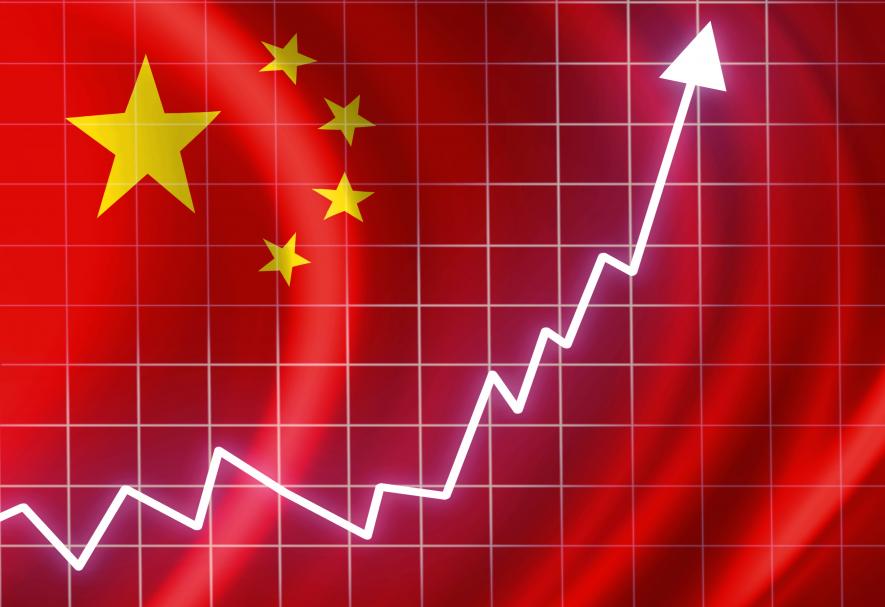With online shopping and the pandemic, shopping malls in China are struggling, aside from the fact that the country’s economic expansion has been stopped.

China’s shopping malls were once symbols of the country’s economic growth. (Photo: China Daily)
Negative Results Of Ending The Economic Expansion
The negative transformation of shopping malls in China, according to a published article by The Conversation, is due to the end of the country’s economic expansion and the impact of the COVID-19 pandemic and online shopping. Many malls, once symbols of China’s economic growth, now have empty stores and struggling foot traffic due to the end of the country’s economic expansion.
However, despite these negative effects of ending the economic expansion, some malls are being reimagined as spaces for community interaction and new configurations of public and private areas. Before ending the economic expansion, it was said that the rise of the middle class with increased purchasing power drove the initial success of these malls.
With these changes in China, such as the end of the economic expansion, could serve as models for creative uses of retail space in the United States. As China’s economy continues to evolve despite the halt in economic expansion, the traditional concept of malls is being challenged.
The shift towards e-commerce and online shopping has undoubtedly impacted the brick-and-mortar retail industry aside from the impact of the end of the economic expansion. However, rather than succumbing to the negative effects of the end of the economic expansion, some malls in China have embraced innovation and adapted to the changing landscape.
Drills In The South China Sea
In a published article by USNI News, the Carl Vinson Carrier Strike Group and the Philippine Navy recently finished joint drills in the South China Sea, while being closely observed by a Chinese frigate from the People’s Liberation Army Navy (PLAN). The Chinese frigate insisted that it was conducting lawful activities in its territorial sea, despite being in the Philippine exclusive economic zone.
READ ALSO: Recent USDA Report Reveals The Foreign Country That Owns Most Farmlands In The U.S.
























